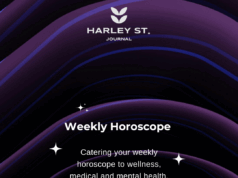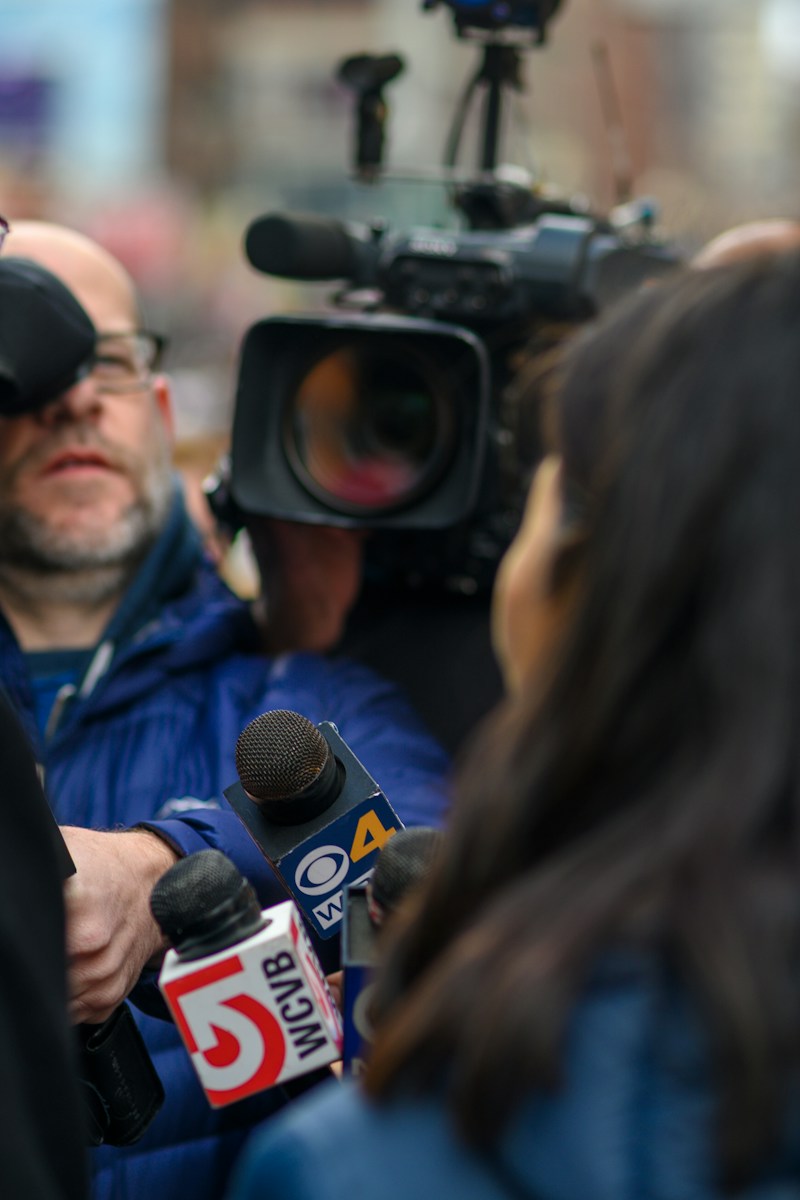 A small but still troubling number of healthcare workers develop a potentially life-threatening disease as a result of sharps injury. In the UK approximately 10,000 needle-stick injuries occur each year.
A small but still troubling number of healthcare workers develop a potentially life-threatening disease as a result of sharps injury. In the UK approximately 10,000 needle-stick injuries occur each year.
When you then consider the risk of infection following a needle-stick injury is estimated to be 1 in 3 for HBV, 1 in 30 for HCV and 1 in 300 for HIV, it is vital that safety procedures are put in place in all aesthetic clinics.
Following the introduction of The Health & Safety (Sharps Instruments in Healthcare) Regulations 2013 in May last year, all healthcare facilities need to assess the risk of exposure to blood-borne infections from sharps injuries, identify how to eliminate this and where exposure cannot be eliminated, put into place extensive prevention methods.
The new legislation also requires a framework for the occurrence of a sharps injury and the need for employers to revise their reporting procedures with health and safety representatives.
The health and safety law has always placed general responsibilities on the employer to provide their staff with a healthy working environment. However, this new legislation is putting further emphasis on prevention.
In reality it would be difficult, if not impossible to remove all sharps from a healthcare practice, so the next best thing is to assess the risk correctly, use devices which limit the risk of injury and dispose of all sharps in a safe manner.
Key tips all clinical staff should do to help reduce needle-stick injuries are:
- Cease recapping of needles
- Ensure the correct type & size of sharps disposal unit is in place
- Make sure your sharps disposal units are assembled & closed correctly
- Place all sharps disposal units in a safe, secure location
- Dispose of your sharps at point of use
- Report all sharps injuries immediately
- In the case of a needle-stick injury follow your H&S protocol immediately
It’s important to remember that when it comes to hazardous and infectious waste, such as syringes and other sharps at a clinical practice the cradle-to-grave rule applies. The producer of waste will always be held responsible for the safe and legal disposal of it, even after it has been passed onto the waste carrier collecting it.
This is why it’s important to work with comprehensively trained sharps waste disposal experts who will safely and securely dispose of it and advise on the correct products which comply with both the UK and EU legislation. Health and safety law is criminal law and healthcare organisations can be subject to enforcement action if they fail to comply with the legal requirements. There is also always a threat of civil law action if an employee is injured due to insufficient practices and technologies being in place.
Everyone has a role to play in the prevention of sharps injuries. From those working in patient-facing roles through to managers and owners who will hold legal overall responsibility for the well-being of their staff.
About Initial Medical
Initial Medical is an expert in healthcare waste management, providing a complete collection, disposal and recycling service for hazardous and non-hazardous waste and offensive waste produced by businesses and organisations within the UK. The safe management of healthcare waste is vital to ensure your activities are not a risk to human health. Initial Medical’s healthcare waste services ensure that all of your waste is stringently handled in compliance with legislation and in accordance with Safe Management of Healthcare Waste V2 best practice guidelines, providing you with the peace of mind that you are adhering to current legislation.
By Rebecca Allen of Initial Medical. For further information please visit www.initalmedical.co.uk or call 0870 850 4045










